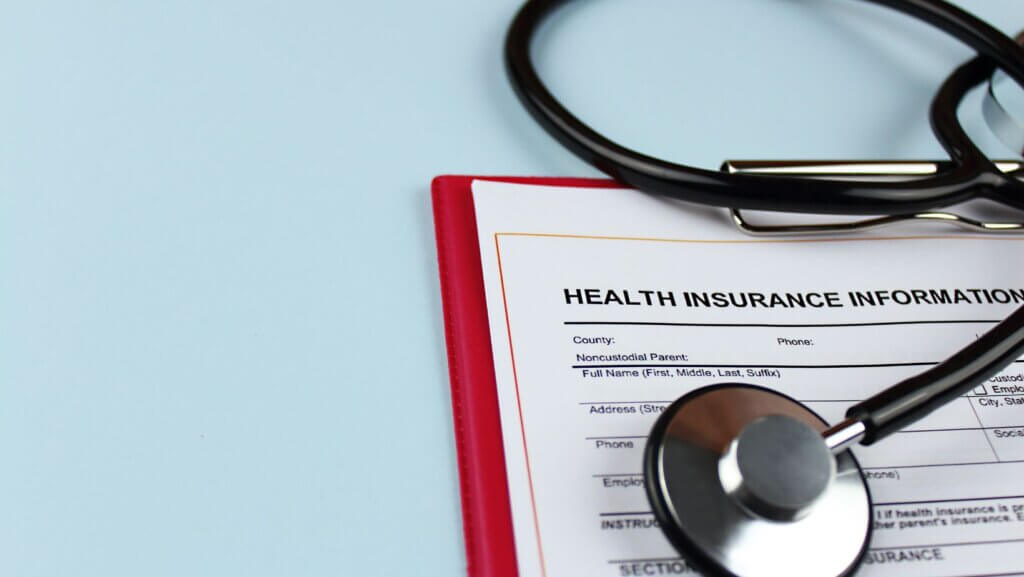
When it comes to preventing security breaches in healthcare, one of the most important things any organization can do is to ensure that they have appropriate policies and procedures to protect the confidentiality of their patient’s information. In this blog post, we’ll discuss some of the best practices to help healthcare organizations secure patient information.
Conduct Comprehensive Risk Assessments
Healthcare organizations must identify potential vulnerabilities and risks to safeguard patient confidentiality effectively. Conducting regular risk assessments helps identify weak points in data security, such as outdated systems, inadequate employee training, or physical vulnerabilities. Organizations can develop a solid foundation for protecting patient information by addressing these areas.
Implement Strong Access Controls
Controlling access to sensitive data is vital in preventing unauthorized disclosure. Utilize secure login systems, implement role-based access controls, and regularly review and revoke access privileges for employees who no longer require them. This ensures that only authorized personnel can access patient information, reducing the risk of internal breaches.
Educate And Train Employees
Human error is a leading cause of security breaches in healthcare. Employees should receive comprehensive training on data protection, privacy regulations, and security best practices. Regular education programs and reminders on topics such as phishing attacks, password security, and the proper handling of confidential documents are crucial for fostering a security-conscious culture within the organization.
Secure Document Shredding
Document shredding is vital in protecting patient confidentiality, especially for hard-copy documents. Healthcare organizations handle a significant amount of sensitive paperwork, including medical records, insurance forms, and financial documents. Properly disposing of these documents is essential to prevent unauthorized access. Partnering with a trusted secure document shredding provider, such as one with NAID AAA-Certification, ensures that records are destroyed securely and compliant. Shredding services offer on-site or off-site options, providing convenience and peace of mind.
Secure Containers And Storage Facilities
Consider investing in locked containers, cabinets, and safes to store confidential documents when they are not in use. Secure storage facilities for off-site files can provide additional protection against unauthorized access or theft.
Establish Incident Response Plans
Even with robust security measures, the risk of a security breach cannot be eliminated. Establishing incident response plans helps ensure swift and effective action in a violation. Define roles and responsibilities, establish communication protocols, and regularly test and update response procedures. A well-prepared incident response plan minimizes the impact of breaches, facilitates recovery, and helps maintain trust with patients and stakeholders.
Hard Drive Destruction
Just like document shredding, hard-drive destruction is essential for safeguarding sensitive data. Damaging or destroying hardware devices eliminates the risk of unauthorized access to any confidential information they may contain. Work with a trusted provider to securely dispose of all hard drives and other digital media within the organization.
By following these best practices, healthcare organizations can help protect patient confidentiality and reduce the risk of security breaches. It is essential to remain vigilant and continually update policies and procedures as technology evolves. Investing in data protection is an important measure to ensure the safety of confidential information and patient privacy.
ATI SecureDocs is a trusted provider of secure document shredding and hard drive destruction services for healthcare organizations. We are NAID AAA Certified, providing peace of mind that your confidential documents and digital media will be securely disposed of in compliance with regulations. Contact us today to learn more about how we can help protect your patient information.



